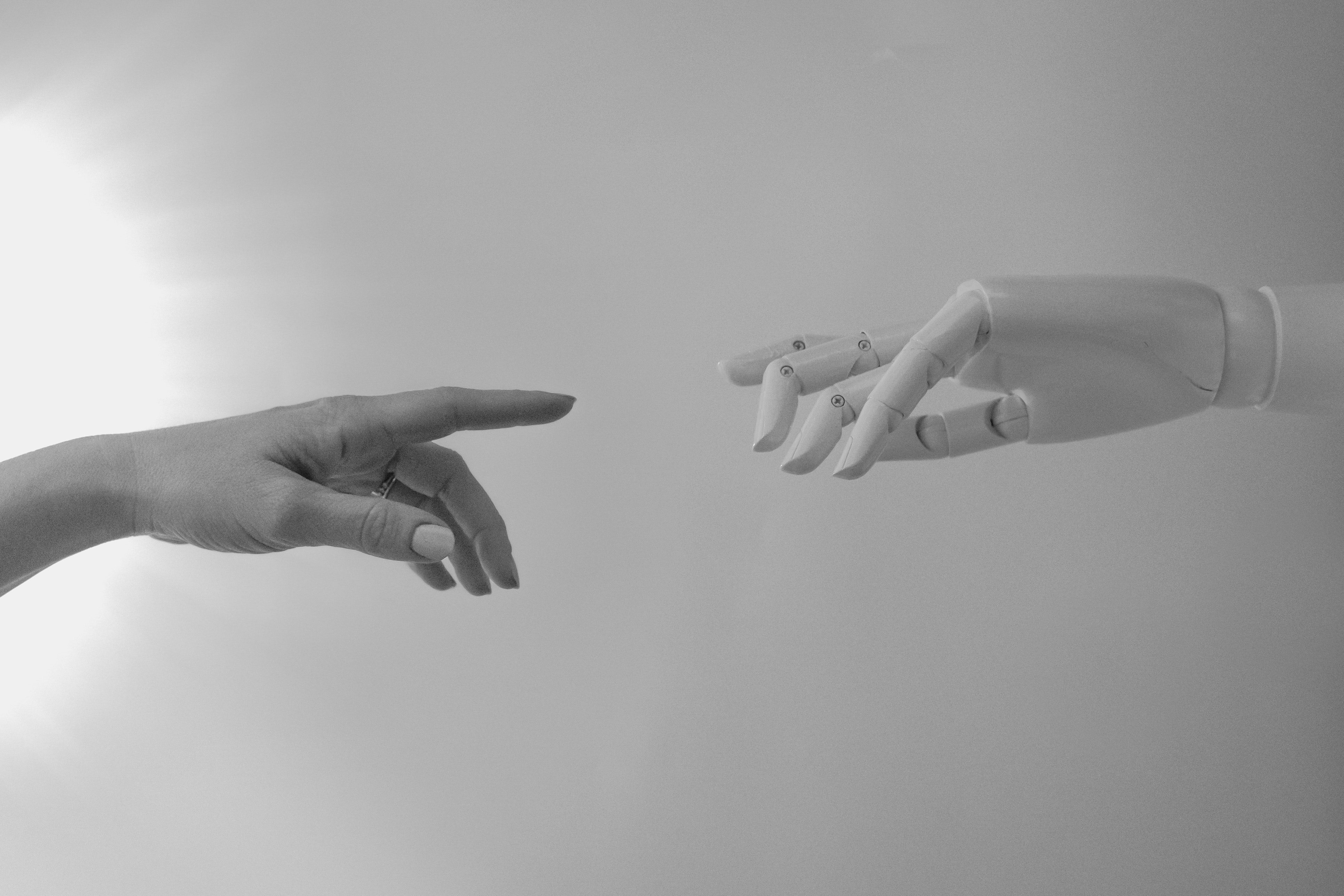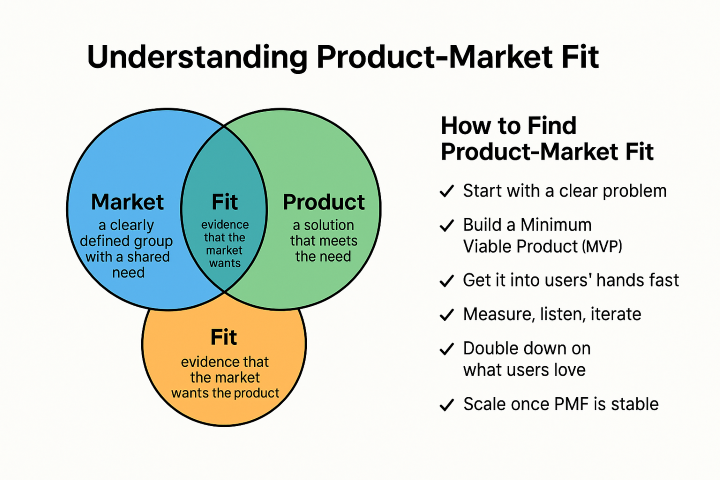It is difficult to predict the exact impact that artificial intelligence (AI) will have on jobs in the future. While some people are concerned that AI and automation will lead to widespread job loss, others believe that these technologies will create new job opportunities and improve the efficiency and productivity of existing jobs.
One of the key concerns about the impact of AI on jobs is the potential for automation to replace certain tasks and roles. As AI algorithms become more sophisticated and are able to perform tasks that were previously done by humans, some jobs may become obsolete. However, it is also possible that AI will create new job opportunities by enabling businesses to do things that were previously impossible or impractical.
Another factor to consider is the impact of AI on the nature of work. As AI technologies become more widely adopted, the skills and knowledge that workers need to succeed may change. For example, workers may need to learn new technologies or adapt to working with AI systems. This could lead to some workers becoming obsolete, but it could also create new job opportunities for workers with the right skills and knowledge.
Overall, the impact of AI on jobs is likely to be complex and varied. While some jobs may be replaced by automation, it is also likely that AI will create new job opportunities and improve the efficiency of existing jobs. It is important for workers and businesses to adapt to these changes and take advantage of the opportunities that AI presents.





